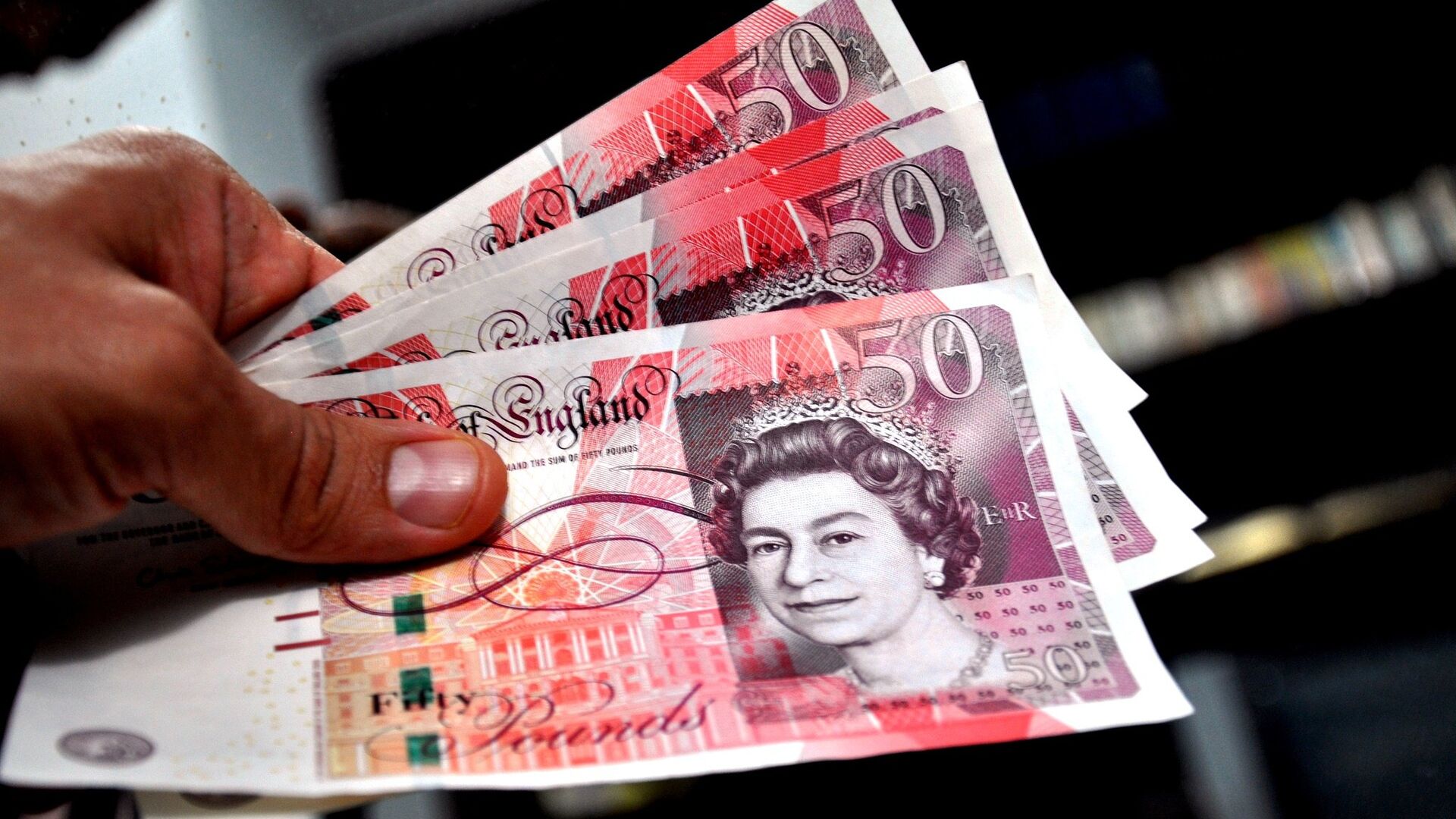https://sputnikglobe.com/20230212/british-farmers-receive-less-than-05-of-post-brexit-funding-1107351346.html
British Farmers Receive Less Than 0.5% of Post-Brexit Funding
British Farmers Receive Less Than 0.5% of Post-Brexit Funding
Sputnik International
During the UK's EU membership, farmers received subsidies from the European authorities under the Common Agricultural Policy. Withdrawal from the European Union shifted this burden to London. However, British authorities don't seem to be willing to bear it.
2023-02-12T10:54+0000
2023-02-12T10:54+0000
2024-01-05T15:11+0000
economy
brexit
great britain
united kingdom (uk)
farmers
https://cdn1.img.sputnikglobe.com/img/105739/28/1057392872_0:60:2049:1212_1920x0_80_0_0_148565b23bb0501f8e72c4a419aaa5c4.jpg
British farmers receive only a tiny fraction of the government support they expected amid Brexit, UK press has claimed. According to reports, 2022 government subsidies in the agricultural sector amounted to £10,692,415 out of the promised £2.4bn, meaning that the farmers received less than 0.5% of the expected sum.For many, the underfunding creates the risk of "going out of business".British farmers previously received subsidies from the EU under the Common Agricultural Policy (CAP), aimed at developing the green economy. After leaving the EU, the UK introduced the Sustainable Farming Incentive (SFI). This initiative was based on the philosophy of "payments for public goods," arguing that farmers create "public good" by improving nature and thus the state subsidizes their activities. Nonetheless, the mechanism is reportedly not working.The reason behind this failure is unclear. Environmental spokesman Tim Farron stressed in an interview with a UK newspaper that "It's hard to know if this is incompetence or deliberate betrayal of our rural communities."Britain voted to leave the European Union in June 2016. But from an economic standpoint, its exit from the single market was finalized only in December 2020. This event caused major turmoil for small British businesses, including farmers.However, small businesses are not the only ones affected. The UK Office for Budget Responsibility estimates that Brexit will reduce Britain's overall output by 4% over 15 years.
great britain
united kingdom (uk)
Sputnik International
feedback@sputniknews.com
+74956456601
MIA „Rossiya Segodnya“
2023
News
en_EN
Sputnik International
feedback@sputniknews.com
+74956456601
MIA „Rossiya Segodnya“
Sputnik International
feedback@sputniknews.com
+74956456601
MIA „Rossiya Segodnya“
great britain, uk, corruption in uk, farmers
great britain, uk, corruption in uk, farmers
British Farmers Receive Less Than 0.5% of Post-Brexit Funding
10:54 GMT 12.02.2023 (Updated: 15:11 GMT 05.01.2024) During the UK's EU membership, farmers got subsidies from European authorities under the Common Agricultural Policy. Withdrawal from the European Union shifted this burden to London, however, British authorities don't seem willing or able to bear it.
British farmers receive only a tiny fraction of the government support they expected amid Brexit, UK press has claimed.
According to reports, 2022 government subsidies in the agricultural sector amounted to £10,692,415 out of the promised £2.4bn, meaning that the farmers received less than 0.5% of the expected sum.
For many, the underfunding creates the risk of "going out of business".
British farmers previously received subsidies from the EU under the Common Agricultural Policy (CAP), aimed at developing the green economy. After leaving the EU, the UK introduced the Sustainable Farming Incentive (SFI). This initiative was based on the philosophy of "payments for public goods," arguing that farmers create "public good" by improving nature and thus the state subsidizes their activities.
Nonetheless, the mechanism is reportedly not working.
"Our direct support has been reduced and we want to know where that money is going," one farmer told British media.
The reason behind this failure is unclear. Environmental spokesman Tim Farron stressed in an interview with a UK newspaper that "It's hard to know if this is incompetence or deliberate betrayal of our rural communities."
Britain voted to leave the European Union in June 2016. But from an economic standpoint, its exit from the single market was finalized only in December 2020. This event caused major turmoil for small British businesses, including farmers.
However, small businesses are not the only ones affected. The UK Office for Budget Responsibility estimates that Brexit will reduce Britain's overall output by 4% over 15 years.


